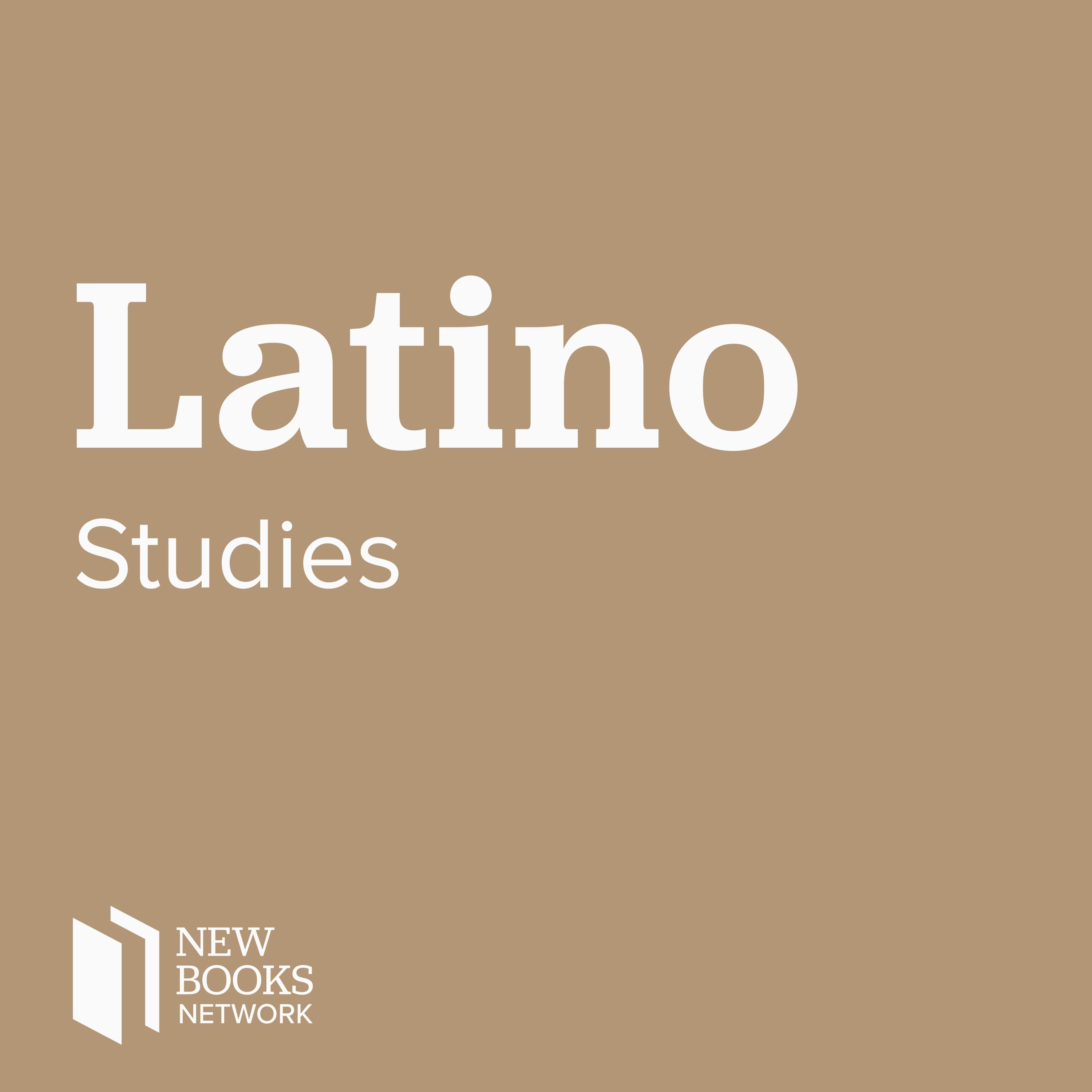Marisol LeBrón, "Policing Life and Death: Race, Violence, and Resistance in Puerto Rico" (U California Press, 2019)
Description
Marisol LeBrón’s new book, Policing Life and Death: Race, Violence, and Resistance in Puerto Rico (University of California Press, 2019), examines the rise of and resistance to punitive governance (tough on crime policing policies) in Puerto Rico from the 1990s to the present. As in the United States, LeBrón shows how increased investment in policing did not respond to a spike in crime. It actually emerged as a strategy to shore up the local political and economic establishment mired in the crisis of the archipelago’s postwar colonial development policy “Operation Bootstrap,” spiking unemployment, lack of U.S. investment, and a growing informal economy which included the drug trade. Puerto Rican elites hoped to reinvent themselves as models for tough on crime policing and gatekeepers for the United States to Latin America. Beginning with the mano dura contra el crimen (iron fist against crime) policy of commonwealth Governor Pedro Rosselló in 1993, police increasingly targeted lower income, predominantly Black public housing complexes (caseríos) as sources of criminality and lawlessness. Using Justice Department reports, social media research, newspapers, and oral interviews to create a “police archive,” LeBrón demonstrates that while police killings, brutality, surveillance, and harassment were hallmarks of mano dura, the policy also reinvented popular understandings of the “who” and “where” of crime that endure to the present. In doing so, she shows how presumptions about race, class, gender, and sexuality linked to certain places (public housing, sex work neighborhoods, schools, and universities) created notions of victims and criminals who “deserved” life or death. The book’s second half explores critiques of and resistance to punitive governance by looking at underground rap, university student activism, social media debates, and non-punitive anti-violence activism. These case studies show the growing resistance to policing as policy instead of social investment, but also the tenacity of the discourses of criminality activists must wrestle with today.
LeBrón is also the author of the forthcoming Aftershocks of Disaster: Puerto Rico Before and After the Storm (Haymarket Books) and the co-creator of the Puerto Rico Syllabus.
Jesse Zarley will be an assistant professor of history at Saint Joseph’s College on Long Island, where in Fall 2019 he will be teaching Latin American, Caribbean, and World History. His research interests include borderlands, ethnohistory, race, and transnationalism during Latin America’s Age of Revolution, particularly in Chile and Argentina. He is the author of a recent article on Mapuche leaders and Chile’s independence wars. You can follow him on Twitter.
Learn more about your ad choices. Visit megaphone.fm/adchoices
Support our show by becoming a premium member! https://newbooksnetwork.supportingcast.fm/latino-studies
More Episodes
In Code Work: Hacking Across the US/México Techno-Borderlands (Princeton UP, 2023), Héctor Beltrán examines Mexican and Latinx coders’ personal strategies of self-making as they navigate a transnational economy of tech work. Beltrán shows how these hackers apply concepts from the code worlds to...
Published 04/21/24
In the summer of 2016, Disney introduced its first Latina princess, Elena of Avalor. Elena, Princess of the Periphery: Disney’s Flexible Latina Girl (Rutgers University Press, 2023) by Dr. Diana Leon-Boys explores this Disney property using multiple case studies to understand its approach to...
Published 04/19/24
Today’s book is: The Things We Didn’t Know (Gallery Books, 2024), by Dr. Elba Iris Pérez’s. A cross-cultural coming-of-age story, The Things We Didn’t Know is inspired by the author’s own experiences growing up between Woronoco, Massachusetts, and Puerto Rico. It explores Andrea Rodríguez’s...
Published 04/18/24


